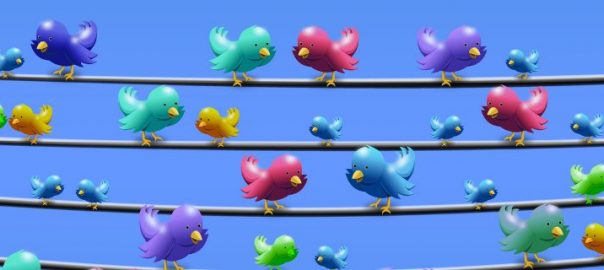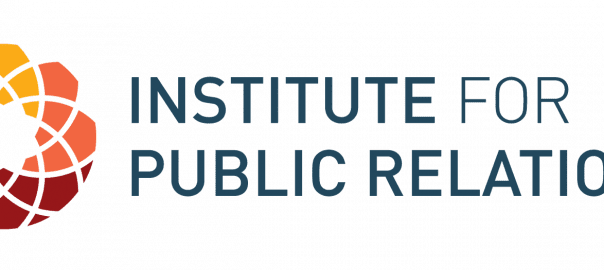This summary is provided by the IPR Digital Media Research Center Victoria Oldemburgo de Mello, Dr. Felix Cheung, and Dr. Michael Inzlicht analyzed how X impacts user well-being, political polarization, outrage, and sense of belonging. A survey of 309 X users was conducted from March – June 2021. Key findings include: 1.) Respondents said they used the platform … Continue reading How Does X (Formerly Twitter) Impact Political Polarization?











